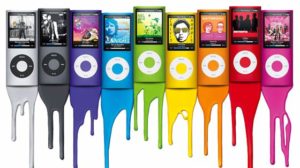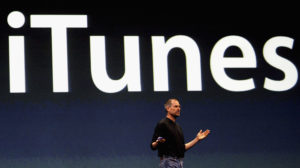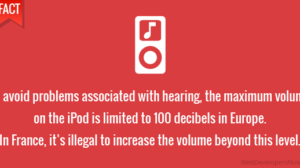The Justice Department should not lift the antitrust decrees constraining ASCAP and BMI because nothing of legal or competitive significance in music licensing has changed.
Don’t Revoke the Music Licensing Antitrust Decrees


The Justice Department should not lift the antitrust decrees constraining ASCAP and BMI because nothing of legal or competitive significance in music licensing has changed.

What should be of antitrust concern is how Apple has used its iOS monopoly power in anticompetitive ways that go far beyond what Microsoft was lambasted for doing to Netscape in the now-ancient 1990s.

The same underlying market power and distribution problems still exist in music licensing, just as they did in 1941.

Pandora’s antitrust lawsuit against ASCAP is a leading-edge dispute, scheduled for trial by year-end, that may help catalyze a new approach to the old question of whether — and if so to what extent — owners of copyrighted digital content are permitted to refuse to deal with competing distribution channels on dramatically different commercial terms.

The Ninth Circuit confirmed my prediction by tossing one of the private antitrust class actions against Apple, which had challenged the lawfulness of the proprietary DRM technology Apple initially used for downloadable digital music.

When industries are transformed by disruptive new technologies and business models, the law itself can be in for a game-changing, forced makeover.

This is paternalistic regulation at its worse.

It is a little odd that although The Beatles pioneered so many innovative recoding techniques in the analog realm, their music is still not yet available on remastered digital CDs.